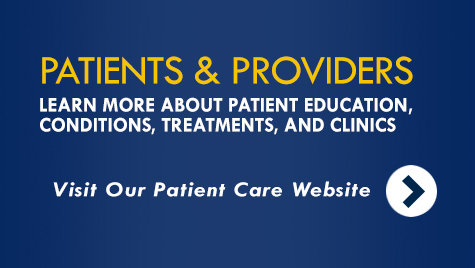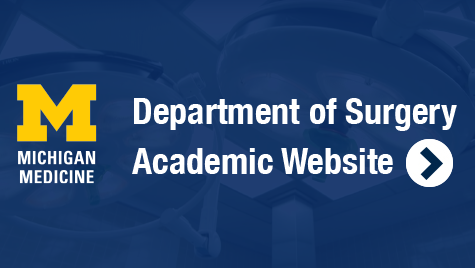At CBATS, we focus on sharing talent and resources to encourage clarity and openness in our community with the ultimate aim of flattening leadership hierarchy. We encourage free-spirited thinking and opportunities for trainees and early investigators. Our events reflect this mentality. While CBATS is primarily based in the Department of Surgery, anyone at Michigan Medicine is welcome to get involved and join our research community.
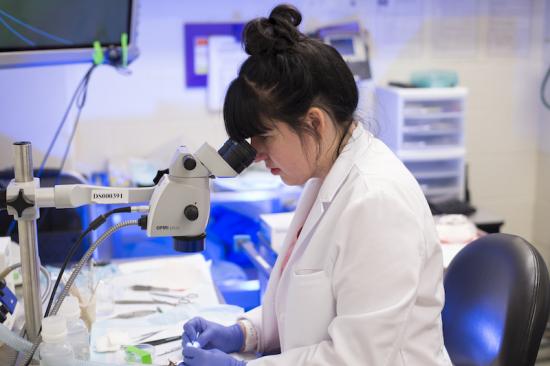
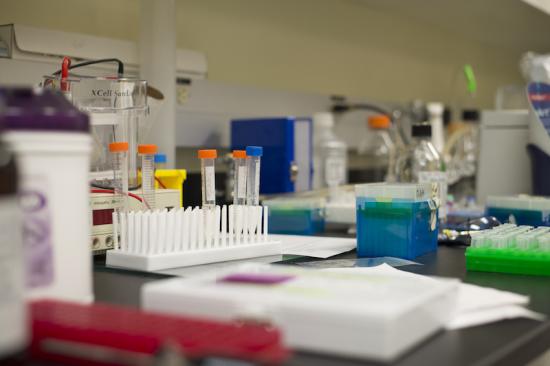
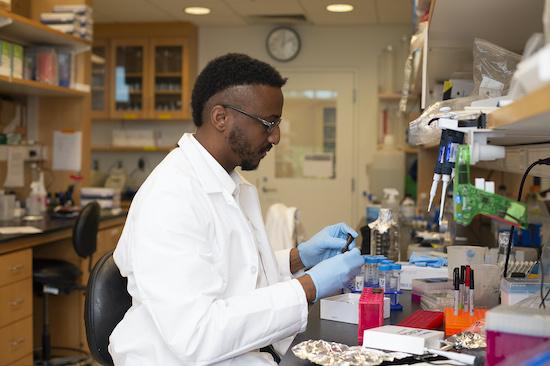
Get Involved
Biweekly Meetings
Join the group every other Thursday at 4 p.m. for scientific, methodology, and chalk talks, along with special guest speaker events and career development presentations on funding, mentoring, and career advancement. Meetings are a chance to get to know one another, learn about ongoing research in other labs, and exchange ideas.
- Scientific Talks: Discover exciting ongoing research in member labs. A CBATS member will present their research with a follow-up Q & A and discussion. These talks are excellent opportunities to find collaborators who share your interests.
- Methodology Talks: Learn about new and developing methods and models that are facilitating research in CBATS member labs.
- Chalk Talks: These research-in-progress presentations are intended to help strengthen grant proposals. A member will bring their aims page, the elevator pitch that can make or break a grant, and the group will workshop it. The feedback and guidance help strengthen the proposal.
- Career Development Presentations: These talks will introduce resources for finding funding, preparing grants, connecting with collaborators and mentors, navigating the promotion process, and more.
- Guest Speakers: Nationally-renowned experts will present their current research to the group and meet with faculty, residents, and fellows for scientific exchange during campus visits.
Social Events
CBATS takes collaboration beyond meetings to build community among the group. We hold events for both the entire CBATS community and for focused groups, where members approaching similar career milestones can develop support networks.
Surgeon Scientist Accelerator Track
The Surgeon Scientist Accelerator Track is a program offered through CBATS for residents completing the Academic Development Time (ADT) period of their training program.
Residents can apply to the track for the support of a lab technician for one year who will assist them in completing their research when they return to clinical work.
Contact Us
Please reach out to CBATS Director Dr. Timothy Frankel at [email protected] with any questions about becoming a member. We can also assist in connecting you with the right resources if you have questions about animal inspections, safety compliance, sourcing materials and equipment, and more.

